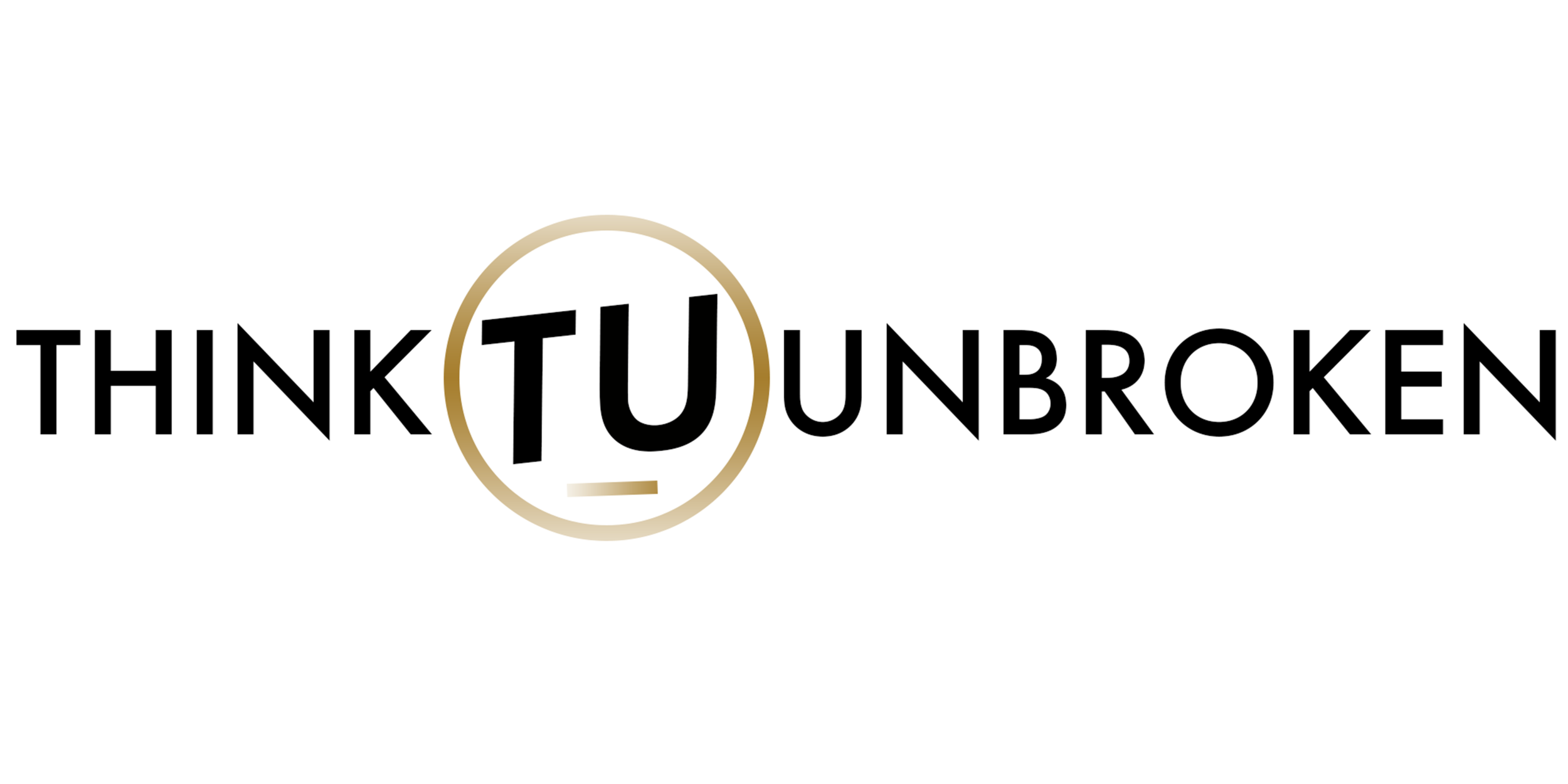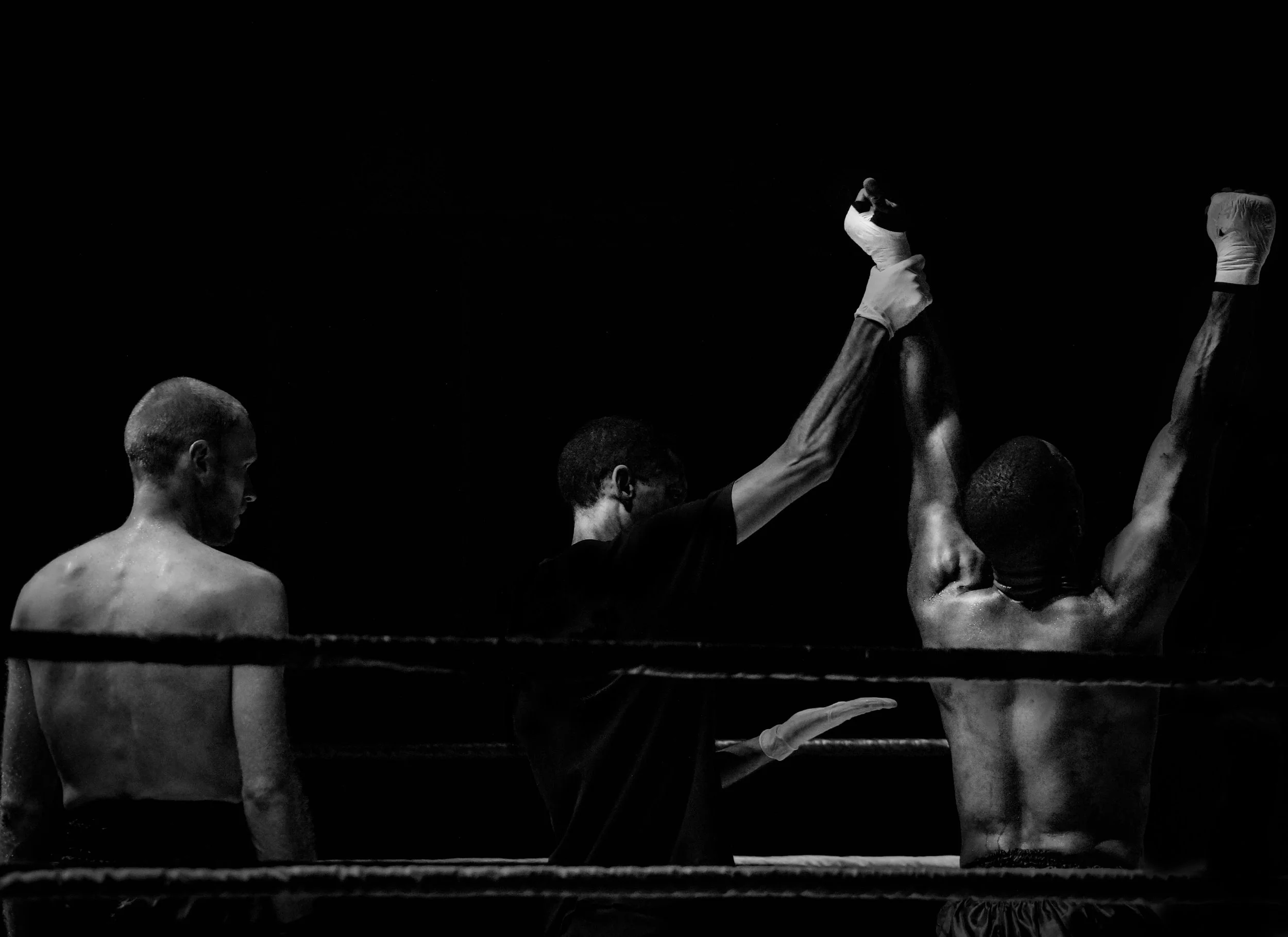5 Ways How to Heal from Childhood Trauma | Becoming the hero in your own story
Healing from Childhood Trauma | Becoming the hero in your own story
Did you ever wish you were somebody else? Have you ever looked up to someone and thought, "I want to be that person" because they had something that you didn't? What was so attractive about them from the outside? What was the thing that they had that you didn't?
Have you ever wondered what it would be like to be the person that inspires yourself?
Being a childhood trauma and abuse survivor is a title that no one wants. The experience of abuse can not only cloud your understanding of yourself but make you long to be anyone but you. The numbness that comes from the impact of child abuse leads to dissociation and the separation of mind and body. Child abuse ruptures the connection of self, and to take a foothold in the healing process, childhood trauma warriors must become their own champions. To recover, there is a level of understanding of who one truly is that needs to take place. This understanding is one that is come by honestly through the experiences of the past and present. It is within acknowledgment, freedom, and choice that power begins to take shape.
As much as childhood trauma warriors want to "be someone else," the reality is that they can never be anyone but who they are. Trauma survivors can't magically be Tom Cruise, Oprah, or Buzz Lightyear, that will never happen. What can happen is becoming who they want to be. How do you become who you are? That's the million-dollar question. How do you work through child abuse as an adult and become the person that you know you are?
Becoming the hero of your own story is something that only you can do — in a sense becoming who are is done through crafting and creating an image of yourself and moving towards the parts of you that feel most aligned with the direction that you want to go.
Identifying who you are after child abuse
Childhood trauma survivors often find themselves displaced in adulthood, leading to a general feeling of malaise. This impact is often accompanied by the sensation that they are floating through life with no real control over what is happening on a day to day basis. Losing one's self can typically occur through dissociation, which is a mechanism for coping and surviving abuse.
Identifying who you are and not what you are can be an undertaking in itself as often abuse leads to an "I am a victim," mentality, which becomes the overarching understanding of self. You are not your childhood trauma. Does it play a role in who you are? Yes, but it does not have to define you. Take into consideration that you are an accumulation of all of your life experiences leading up to this moment. With that understanding, it is fair to say that your past does play a role in your present. However, your history does not have to define you. Acknowledging that you experienced child abuse is a part of the re-association process and can open the door to being able to acknowledge other parts of who you are.
What are the moving parts of you that genuinely make you tick? What excites you and brings you joy? What makes you upset? What parts of you do you love? What parts of you can you continue to work on? How do you feel about the person that you are right now? Are you honest with yourself? Are you holding yourself back? Who are you? These are all questions which play a role in identifying who you are. You are not merely an adult who was an abused child. You are more than that, but only if you allow yourself to be. The same way that you acknowledge your past, you have to recognize your potential for having the future that you want.
Only you can play the hero.
Finding motivation as a survivor of child abuse
The impact of childhood trauma can often lead to experiences in which for short burst of time it feels like you can take on the world. Do you notice that you can often come out guns blazing only to fade out as the dust settles in the sunset? Is "Why can't I finish what I start?" a question that you consistently ask yourself? Have you ever started a considerable project and by the second or third attempt you stop without completing what you set out to do? Not doing what you set out to do is indicative behavior of the impact of child abuse.
In small doses, motivation can get you from point A to point B, but what happens when the direction you are headed doesn't begin until point W? Discovering your why is the gateway to intrinsic motivation. Your why is the catalyst for the changes that will take place in your life and more importantly, the baseline for the effort that you put behind the actions leading towards it.
The reason that motivation often burns out when fueled by outside sources is that those sources don't have any skin in the game. There is nothing on the line for the people that you watch on YouTube, the self-help gurus or the podcasters. Their motivation is in their mission. It's easy to look at them and identify the characteristics that impact you to try your hardest for three days to accomplish a task. What happens when you don't have access to the external source of motivation or when it wanes? When motivation becomes intrinsic meaning from within yourself, then the potentiality and willingness to see projects, commitments, and self-development through to the end, exponentially increases.
When you begin doing the things that are in line with your why, who you are, and what you want, then motivation doesn't matter because you are living your life.
Be honest with yourself as a child abuse survivor
Being honest with yourself is the hardest part of becoming the hero of your own story. For many childhood trauma, survivors are groomed to lie. They are taught to lie to the teachers about bruises, their friends about wearing tattered and torn clothing, the police about the violence, and everything else. Adult survivors of child abuse will often lie about being depressed, not showing up for themselves, making up reasons why they didn't complete work assignments, why they didn't come to friends birthday parties, or to their partners about cheating or why their wants, needs, and interests are not being fulfilled. Lying becomes the first language for childhood trauma warriors. In the same way that people dissociate, they lie because lying is self-preservation and a coping mechanism for child abuse.
Telling the truth and being honest is a skill that must be learned to continue to heal and recover from child abuse. Like tying your shoes or learning to ride a bike, it takes practice and effort to gain proficiency at it. It also takes time to craft this new skill. A straightforward way to stop lying is to interrupt yourself. Interrupting the lie can be accomplished by acknowledging to yourself or the person that you have lied to that you did indeed lie. Being forthright with the admission of a lie can be very difficult. In the beginning, you may feel uncomfortable, but the more that you can be honest with yourself and the people around you, the more you will become in-tune with your true self and your trauma recovery journey.
Trauma survivors are taught to be masterful liars, but what if those lies are keeping you from becoming the person that you want to be?
Time is the trauma survivors greatest asset
Time is the most powerful tool in the arsenal of childhood trauma recovery. It is time that will be the guide and measure for growth and healing. It is time that can be your best friend and worst enemy in the abuse healing process. The timeline for adults and children alike who are on a mission of recovery of trauma is not predetermined. A majority of the work in processing, understanding, and healing childhood trauma takes a vast wealth of resources and time is the resource most in demand.
Finding patience to transform into the person that you are can feel daunting because you may be seeking instant validation and return on your investment. Some people who are recovering may find their journey over in an instant, and for others, it could take a lifetime. The goal in utilizing time is to permit yourself the understanding that there is no predetermined timeline for healing trauma. Because your healing journey is unlike anyone else's, only you can decide when it is over.
Create who you are
The best part of being a human being is freedom of choice. You didn't choose to be an abused child, and you certainly didn't choose to be in the downward spiral of The Vortex that has kept you from reaching your full potential as an adult. What you have from this moment moving forward is the capacity to choose to be whoever it is that you want to be. It is you who has the freedom to identify who you are. Keep in mind that you don't owe anything to anyone except yourself in this process. It is not selfish to put yourself first when it comes to healing and recovering from trauma.
Childhood trauma survivors have a rare opportunity to re-create and rebuild themselves from scratch. If you choose to do so, then the world opens up to potential and opportunity in ways that you have never experienced. The single-most terrifying and empowering thing that child abuse warriors can do is to become who they want to be. You get to choose to be the person that you know you are by creating yourself. Take the same thought process you have when choosing what to wear, eat, listen to or watch and apply it to how you interact with other people, talk to yourself, show up for yourself, honor yourself, go towards things that make you happy, and the goals that you want to achieve in your life.
There is no reason to dream of being someone else when you can be you. Being the hero in your own story is possible, you get to create the story line and you deserve it.
Check us out on social media @ThinkUnbroken






